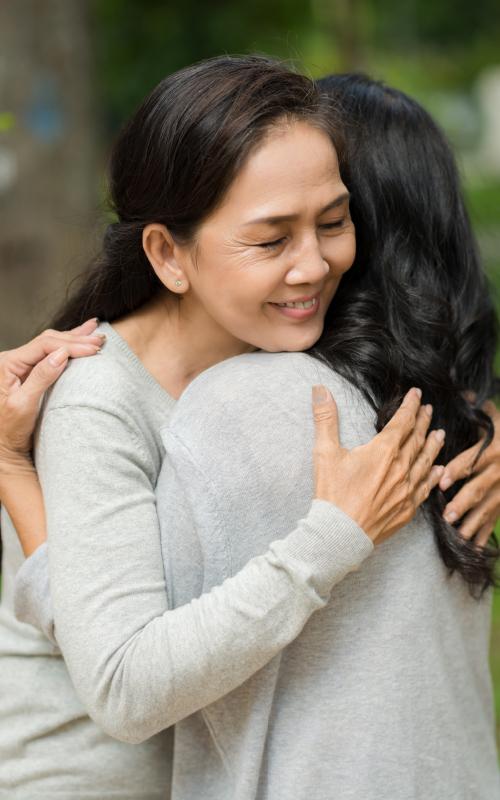
Younger breast cancer survivors (BCS) are more physically active and have better cognitive performance than their older counterparts, a new study has shown.
The researchers performed a prospective observational study on 249 post-treatment BCS (mean age, 57.60±9.57 years). A subsample of 203 participants (mean age, 58.7±8.90 years) were asked to wear an accelerometer and to complete questionnaires and cognitive tasks at baseline and after 6 months. Cognitive function was operationalized as subjective memory impairment (SMI), as measured by the Frequency of Forgetting scale.
Younger BCS participants reported significantly fewer comorbidities and were more likely to have undergone chemotherapy than their elderly comparators. Moderate-to-vigorous physical activity (MVPA) was also greater in younger survivors at baseline.
In addition, younger participants had worse SMI, according to frequency of forgetting, forgetting when reading and remembering past events across time.
However, objective measurements of cognition were all significantly better in younger participants, who performed significantly faster on mazes, task-switches and trails than their older comparators.
Aside from age, physical activity also significantly affected cognition. Survivors with sufficient physical activity levels were significantly better at remembering past events (p=0.02) and were less likely to forget (p=0.06). However, adjusting for depressive symptoms attenuated these effects. This was consistent in the subsample, where SMI remained unrelated to MVPA.